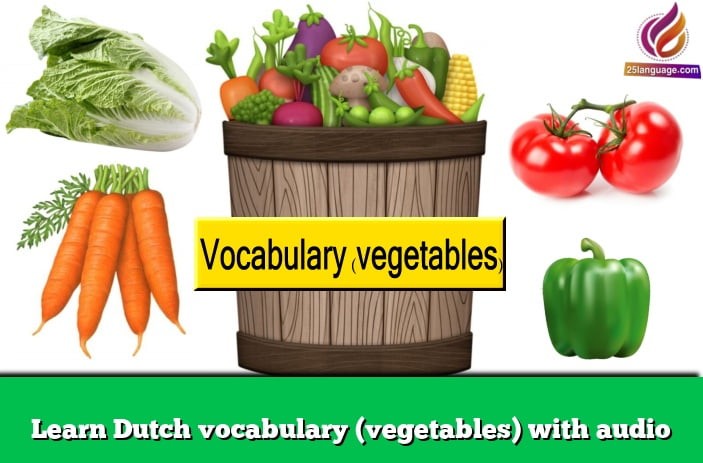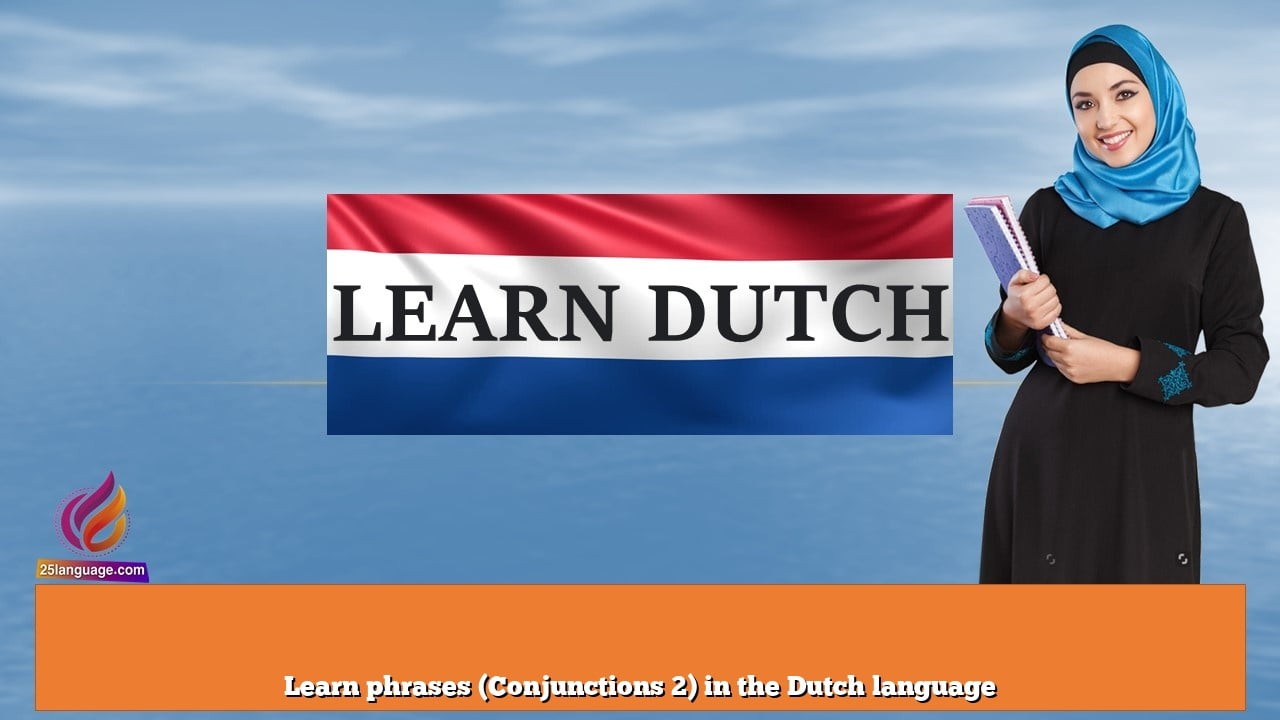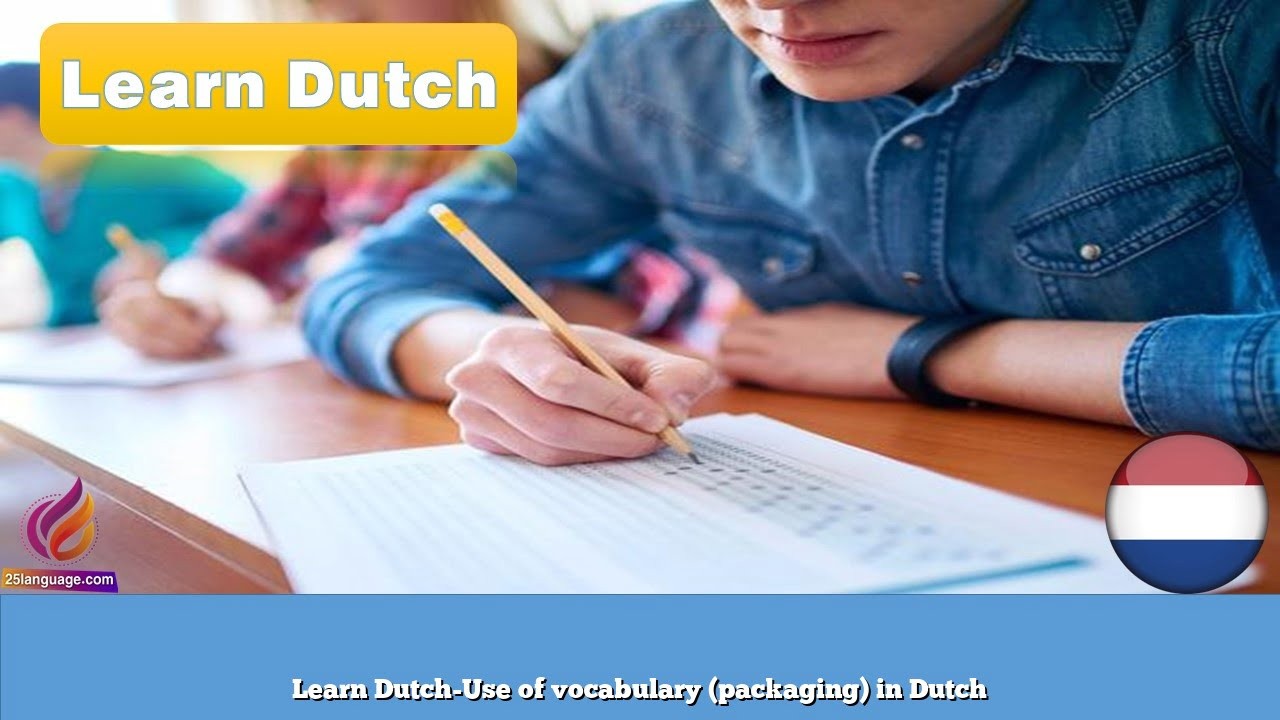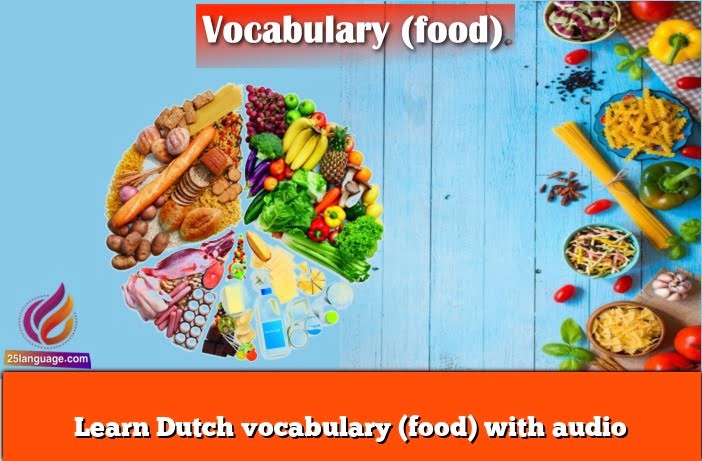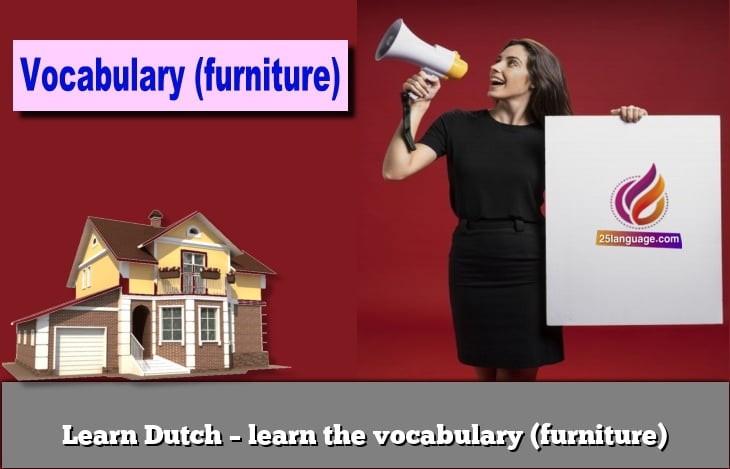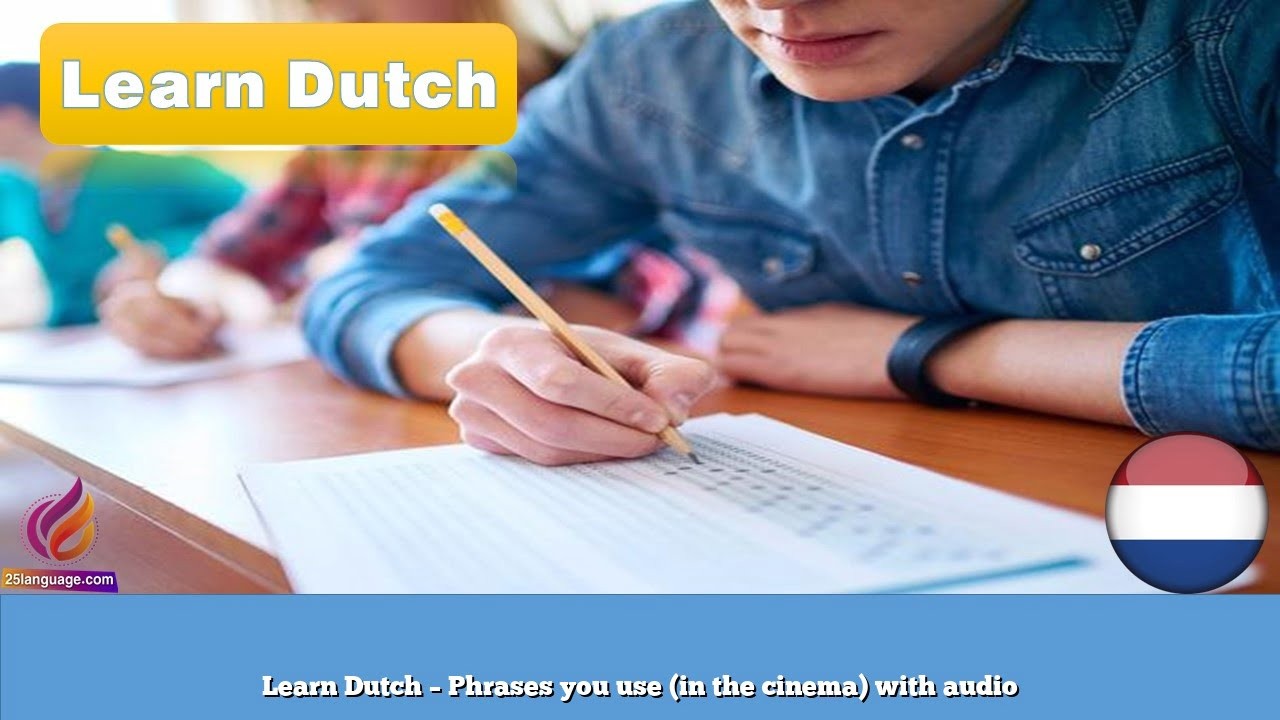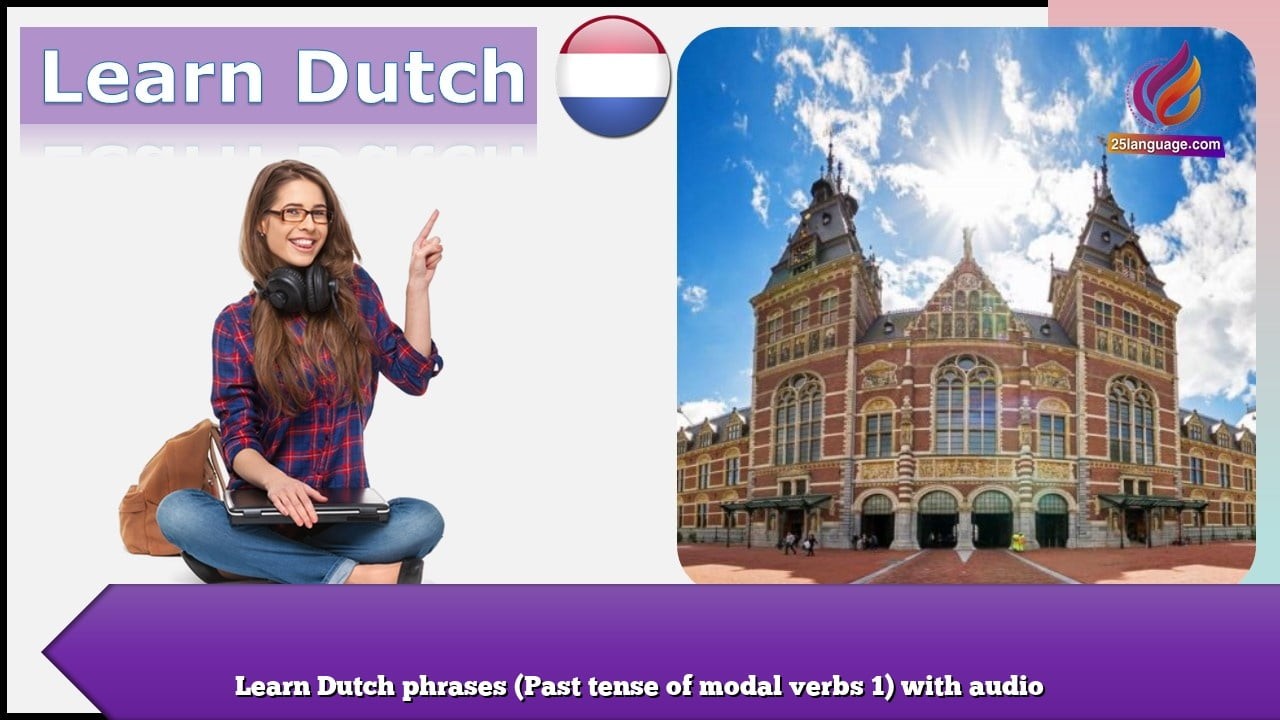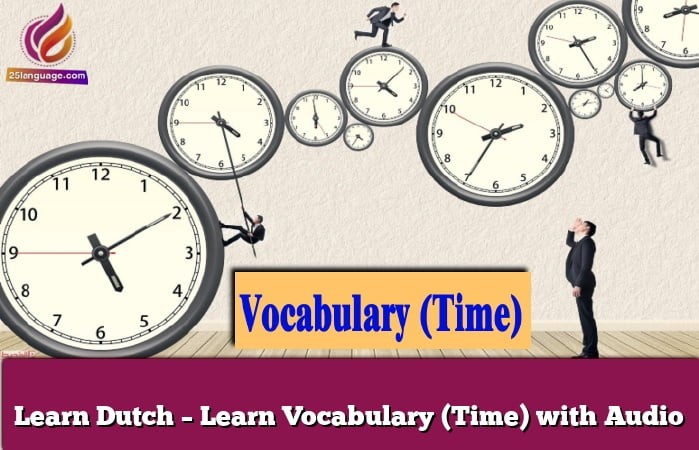Learn Dutch phrases (numbers) with audio
Learn Dutch phrases (numbers) with audio
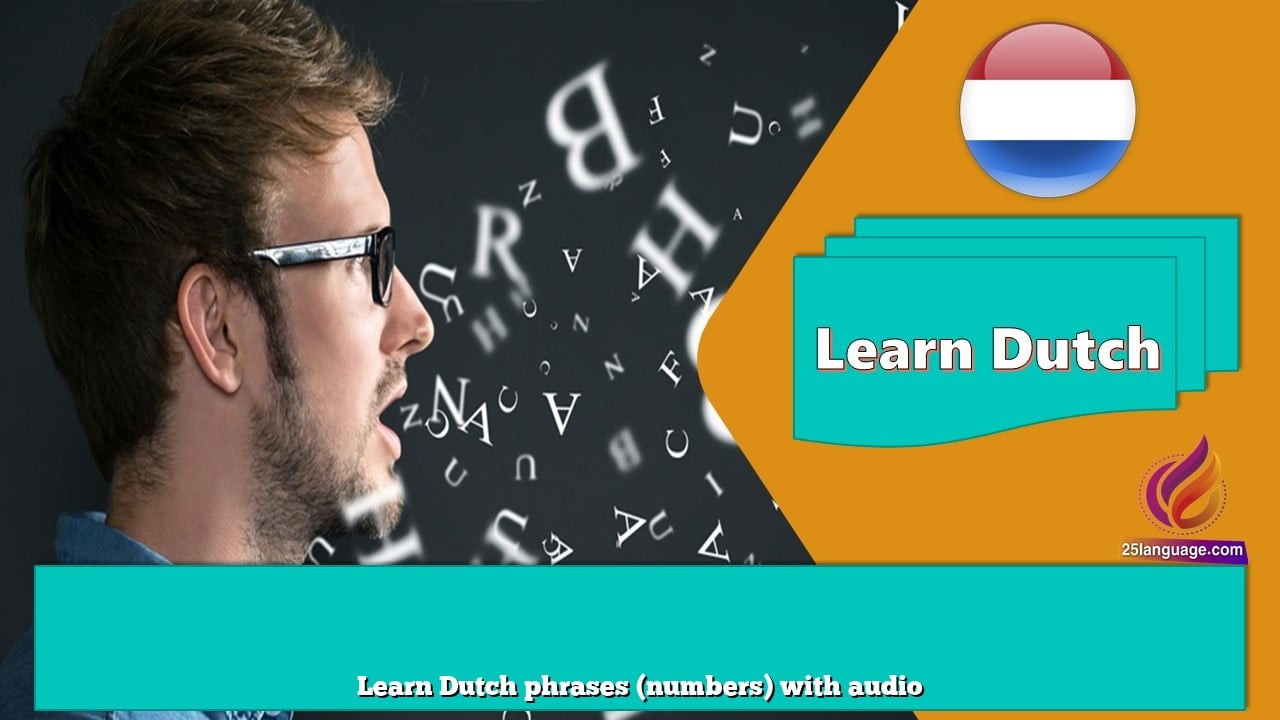
Dutch numbers are based on the decimal system, just like English. The following are the Dutch numbers from 1 to 20:
1 – een
2 – twee
3 – drie
4 – vier
5 – vijf
6 – zes
7 – zeven
8 – acht
9 – negen
10 – tien
11 – elf
12 – twaalf
13 – dertien
14 – veertien
15 – vijftien
16 – zestien
17 – zeventien
18 – achttien
19 – negentien
20 – twintig
From 21 onwards, Dutch numbers are formed by combining the multiples of ten with the digits 1-9. For example, 21 is “eenentwintig,” which means “one and twenty.” Here are some examples:
21 – eenentwintig
30 – dertig
40 – veertig
50 – vijftig
60 – zestig
70 – zeventig
80 – tachtig
90 – negentig
100 – honderd
To form higher numbers, Dutch uses the same pattern as English: the number is formed by stating the digit in the ones place, then the digit in the tens place, followed by “honderd” (for hundreds), “duizend” (for thousands), and so on. For example:
101 – honderdéén
345 – driehonderdvijfenveertig
1,000 – duizend
2,500 – tweeduizendvijfhonderd
10,000 – tienduizend
Note that in Dutch, a comma is used as a decimal point, while a period is used to separate thousands. For example:
3,14 – drie komma veertien (pi)
1.000 – duizend
It’s also important to note that in Dutch, the word “half” means “half past.” For example:
9:30 – half tien (literally “half past nine”)
In addition, the word “kwart” means “quarter past” or “quarter to.” For example:
3:15 – kwart over drie
4:45 – kwart voor vijf (literally “quarter to five”)
Finally, here are some other useful Dutch number-related words and phrases:
- nul – zero
- even – even
- oneven – odd
- plus – plus
- min – minus
- keer – times (multiplication)
- gedeeld door – divided by
- gelijk aan – equal to
- meer dan – more than
- minder dan – less than
Dutch phrases using numbers :
| Dutch Phrases | English Translations |
|---|---|
| 1 + 1 is 2. | 1 + 1 is 2. |
| Ik ben geboren op 10 mei. | I was born on May 10th. |
| 25 graden Celsius is warm. | 25 degrees Celsius is warm. |
| Ik heb vier broers en twee zussen. | I have four brothers and two sisters. |
| Mijn favoriete nummer is zeven. | My favorite number is seven. |
| De som van 4 en 5 is 9. | The sum of 4 and 5 is 9. |
| Ik heb drie paar schoenen. | I have three pairs of shoes. |
| De taart is in zes stukken verdeeld. | The cake is divided into six pieces. |
| Ik moet nog twintig pagina’s lezen. | I still have to read twenty pages. |
| Ik heb duizend euro gespaard. | I saved one thousand euros. |
| Het is drie uur ‘s middags. | It’s three o’clock in the afternoon. |
| De wedstrijd duurt negentig minuten. | The game lasts ninety minutes. |
| Het hotel heeft tweehonderd kamers. | The hotel has two hundred rooms. |
| We moeten nog vijftien kilometer rijden. | We still have to drive fifteen kilometers. |
| Ik heb dertig euro uitgegeven aan kleding. | I spent thirty euros on clothes. |
| Het concert begint om acht uur. | The concert starts at eight o’clock. |
| Er zijn zeven dagen in een week. | There are seven days in a week. |
| Het pakket weegt twee kilo. | The package weighs two kilos. |
| De som van 6, 7 en 8 is 21. | The sum of 6, 7, and 8 is 21. |
| Het boek heeft 400 pagina’s. | The book has 400 pages. |
| De kamer kost vijftig euro per nacht. | The room costs fifty euros per night. |
| Ik heb twee uur nodig om deze taak af te maken. | I need two hours to finish this task. |
| Mijn lievelingsgetal is elf. | My favorite number is eleven. |
| Er zijn tien mensen in de kamer. | There are ten people in the room. |
| De film duurt anderhalf uur. | The movie lasts one and a half hours. |
| Ik ben jarig op 1 januari. | My birthday is on January 1st. |
| Het gebouw heeft vijftig verdiepingen. | The building has fifty floors. |
| Het is nog vijf minuten lopen naar het station. | It’s still a five-minute walk to the station. |
| Het kost 250 euro om naar Parijs te vliegen. | It costs 250 euros to fly to Paris. |
| Ik moet om kwart over acht op mijn werk zijn. | I have to be at work at quarter past eight. |
| Ik ben al twintig jaar getrouwd. | I’ve been married for twenty years. |

